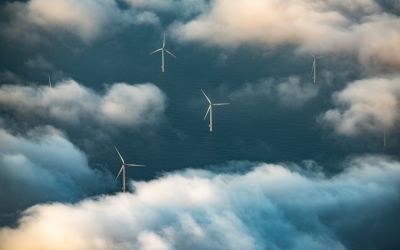Plastic pollution affecting wildlife at an all-time high, finds RSPCA
A new study, facilitated by the RSPCA, has found that plastic pollution is having a detrimental effect on wildlife.

A new study, facilitated by the RSPCA, has found that plastic pollution is having a detrimental effect on wildlife.
Based on RSPCA figures released today, the number of animals affected by plastic pollution is at an all-time high. In the West Midlands, incidents have increased by 28 per cent in four years.
Plastic litter led to 579 cases of damage to wildlife or pets that were reported to the RSPCA in England and Wales in 2018.
Adam Grogan, RSPCA Head of Wildlife, said: “This shocking rise in plastic litter incidents suggests that plastic is a growing threat to animals. Every year, the RSPCA deals with increasing numbers of mammals, birds and reptiles that have become entangled or affected in some way by discarded plastic. From seals with deep infected wounds caused by plastic Frisbees cutting into their necks, to swans and geese trapped in fishing line or netting, plastic is clearly having an increasing impact on animal welfare.”
The amount of animals being affected by plastic pollution is rising constantly. Presently, over 267 species worldwide are being affected by plastic pollution and 700 species are at risk of becoming extinct.
The study found that water birds and marine animals were particularly at risk, with 28 incidents involving seals hurt by plastic litter in 2018, compared with five in 2015.
This follows a study that found microplastics in all dead whales, seals and dolphins tested in British waters. Last year, a dead whale washed up on the shores of Indonesia with over 1,000 pieces of plastic in its stomach.
The UK Government has called for a clearer strategy on plastic pollution, they say an ‘out of sight, out of mind’ attitude will not work. In a new Environmental Audit Committee report, MPs urged for immediate action to protect oceans from plastic pollution. The report found that plastic pollution is expected to treble in the next ten years.
Photograph: Greenpeace






